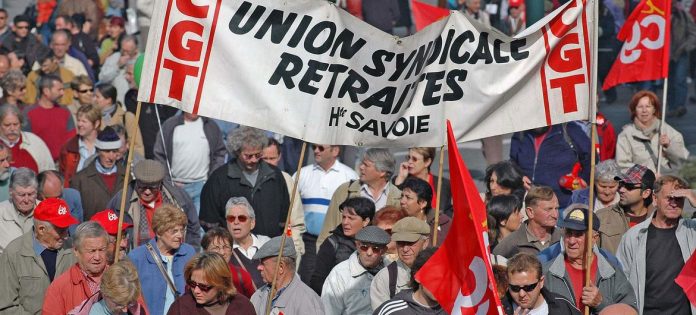The International Court of Justice (ICJ) opened historic hearings on Monday to determine whether the right to strike is protected under international law — marking the first time the UN’s highest judicial body has been asked to interpret the balance between workers’ rights and employers’ interests.
The case originates from a 2023 request by the International Labour Organization (ILO) Governing Body, seeking an advisory opinion on whether the Freedom of Association and Protection of the Right to Organise Convention, 1948 (No. 87) — a core treaty of international labour law — implicitly includes the right to strike.
Adopted in the wake of World War II, Convention No. 87 guarantees workers and employers the right to form and join organizations of their choice. While it does not explicitly reference strikes, labour advocates have long argued that the right to strike is an essential extension of freedom of association.
ICJ Opens Hearings
Presiding over the session, ICJ President Yūji Iwasawa formally read the question before the Court, emphasizing the ILO’s unique tripartite structure composed of representatives of governments, employers, and workers.
“The participation of organizations of employers and workers is without precedent in the history of this Court,” said Tomi Kohiyama, ILO Legal Adviser, who highlighted the rarity of the ILO’s appearance before the ICJ — the last being in 1932.
The ILO secretariat itself is not taking a position, but will assist the Court in clarifying interpretative principles under the Vienna Convention on the Law of Treaties.
Labour and Employer Perspectives
Paapa Danquah, representing the International Trade Union Confederation (ITUC), told the judges that the right to strike has been a fundamental tool for advancing justice:
“Strike action has been our vital tool to improve labour conditions and defend human dignity,” he said.
Danquah argued that the right to strike is “inherent to freedom of association” and must therefore be recognized as part of the protections enshrined in Convention No. 87.
On the other hand, Roberto Suárez Santos of the International Organisation of Employers (IOE) took a contrasting position. While acknowledging the legitimacy of strikes in principle, he argued that Convention No. 87 neither explicitly nor implicitly enshrines such a right.
He cautioned against judicial overreach:
“Reading a right to strike into the Convention would create prescriptive obligations and disrupt national labour frameworks that have evolved through consensus.”
Suárez Santos urged that any such recognition should arise from tripartite consensus within the ILO, not through unilateral judicial interpretation.
Global Implications
Over three days of hearings, 21 countries and organizations are scheduled to present oral arguments, with 31 written submissions already filed — underscoring the case’s significance for governments, unions, and employers worldwide.
The ICJ’s advisory opinion, expected within months, will not be legally binding. However, experts say it could reshape international labour law, influencing courts, legislatures, and collective bargaining practices around the world.
A Rare Moment in Labour History
This is only the second time in history that the ILO has turned to the World Court for a formal legal interpretation. The outcome could clarify decades of dispute over whether the right to strike forms part of freedom of association — a question that has divided the ILO’s tripartite bodies since 2012, when employer representatives first challenged the interpretation.
As labour unions continue to advocate for recognition of the strike as a human right, and employers call for greater regulatory clarity, the ICJ’s deliberation may define how international law reconciles these competing claims.




